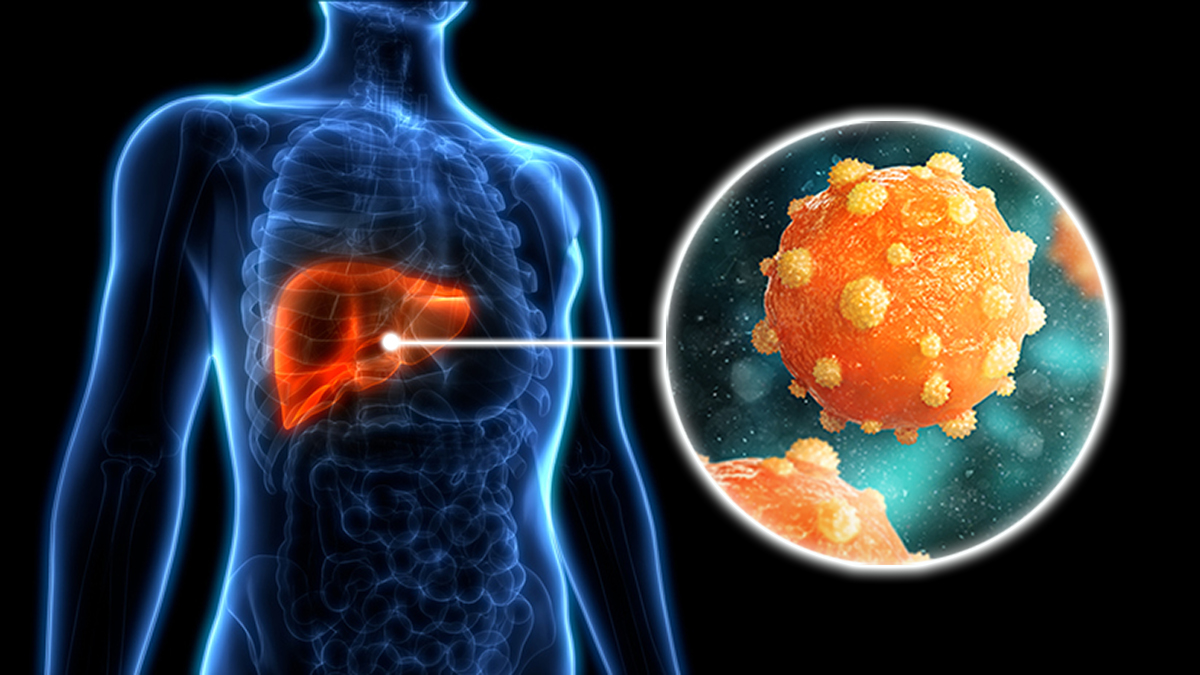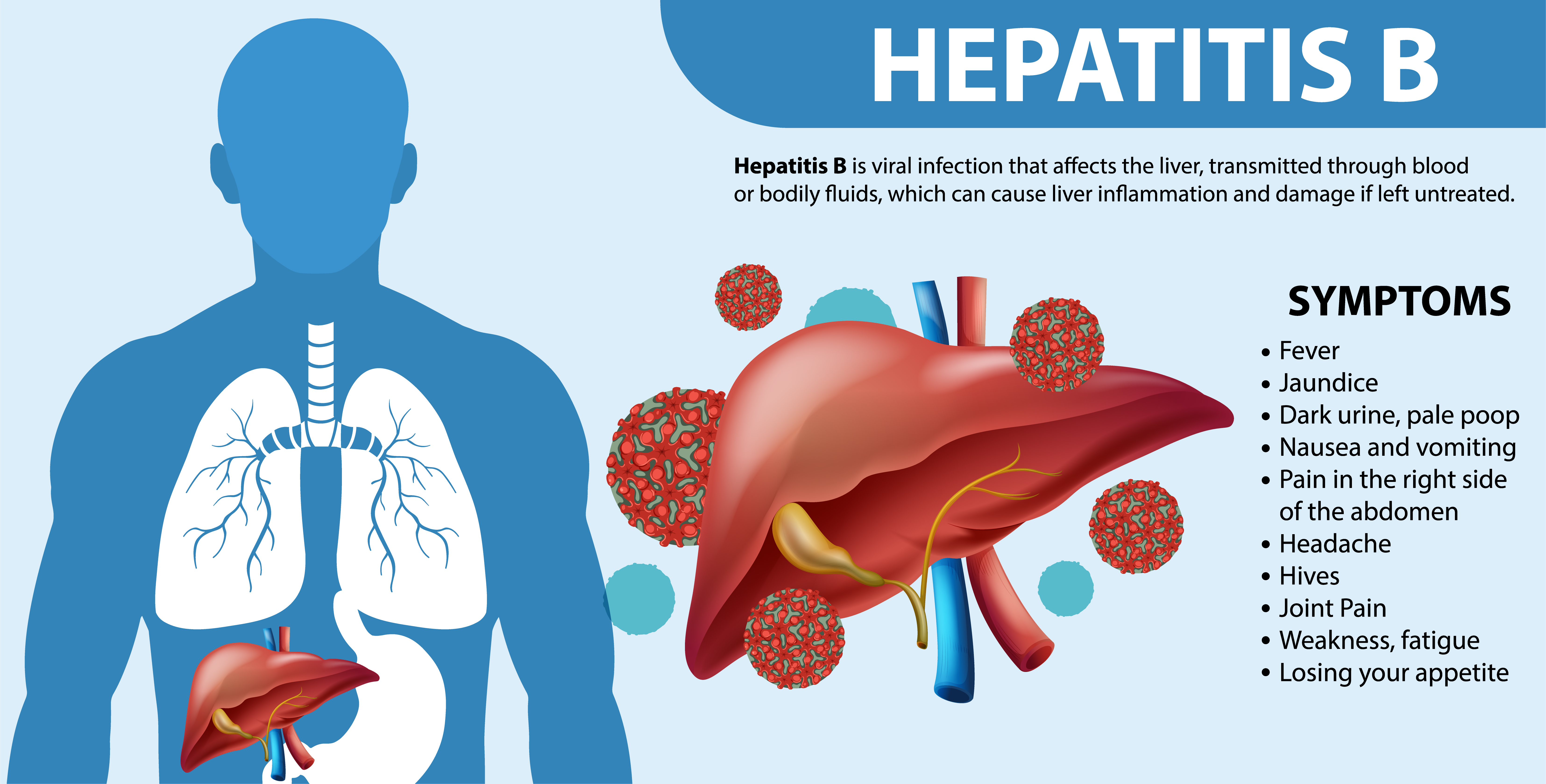


Hepatitis B and Hepatitis C are viral infections that affect the liver, causing inflammation and potential long-term damage. They are spread through blood and body fluids, and may cause chronic (long-term) liver problems if not treated early.
These conditions are often silent for years, so many people don’t know they have them until routine testing or symptoms appear.

⚠ Often, there are no symptoms until the liver is already damaged.
Hepatitis B is more easily spread than Hepatitis C.
There is currently no vaccine for Hepatitis C.
sanghamitragastroenterology@gmail.com
KGH: Pentakota Complex, Maharanipeta
MVP: MIG-55, Sector 5, MVP Colony